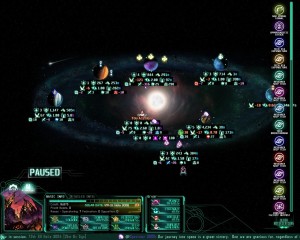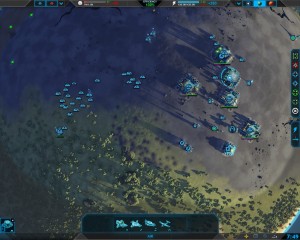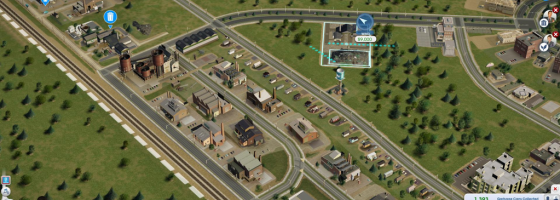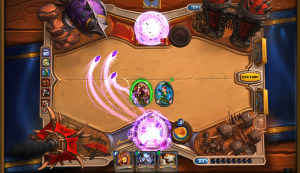Digital distribution and crowd-funding have given developers more control over not only their funding but how long they can work on a game. It’s no longer about rushing to get a game to 1.0 and then washing your hands of it, but cultivating a game with continued content or in other words providing a service.
And while there are major advantages when done right, it can also raise some red flags.
Providing Value:
Developers and publishers alike know that the games that are making the most money and are continually praised are the ones that continue to grow over time. Growth can be viewed as either new weapons or maps in multiplayer games or new levels and stories in singleplayer.
The point is that a game hitting 1.0 these days is still not considered done and many developers today continue to work on games to get more value and hopefully more profit from them.
And there are a lot of examples of games working extremely well this way. Payday 2 continues to be strong thanks to added DLC of both new heists and weapons to use, Borderlands 2 did well with its variety of DLC and so on. Arcen Games have also done well with their design philosophy of releasing a great experience and then expanding upon it with continued patches and content over time. If you look at AI Wars from release to where it is now, it is almost two different games from all the new content and revisions done.
And before anyone says anything, we have to talk about the mega hits of online multiplayer games like Team Fortress, League of Legends, Hearthstone and more.
Online multiplayer games are huge business these days and mean big money with games that continue to grow and pull in new consumers. This is where the idea of a game as a service is strongest as online games are not just about playing them but also supporting, developing new content, fixing issues and growing the game.
But while having games as a service can mean great things if the game continues to get support, what happens when developers decide to rush things out?
False 1.0:
While developers like Blizzard, Valve, and Overkill have continued to support their titles, when we do hear someone mention “games as service,” it’s usually to justify some poor decision.
Two big examples would be as rushing release on a game and then saying that it will be fixed over the coming months and removing content or features that were promised to then be added back as paid DLC down the line.
And then we have a developer like EA who constantly pushes the games as a service angle with everything from the forced online of SimCity 5, to removing features in the latest Sims and probably more examples than I could mention here.
Games as a service doesn’t work in the consumer’s mind when the game is not being released to satisfy the consumer, but to make a profit. When I talked with Chris Park on the podcast lately, we discussed the concept of developing a core experience for your game or what you want the player to feel when they’re playing it.

The Last Federation from Arcen was released with its core experience finished and now they are expanding on that with more ideas.
That core is the foundation of your title and not developing it or releasing it half assed is a sure sign that the game wasn’t done.
There is a big difference between releasing a game because you got everything you wanted in it vs. releasing it so that you can make enough money to then finish the game.
When is it done?
For a developer to justify a game as a service, the game in question needs to be at a state where everything that was promised was completed. As Chris talked about on the podcast with Arcen, not everything that they develop or think about for a game gets put into 1.0. They do what they promised and advertised the game as and everything related to the core experience.
However if there are additional ideas that could be added to the game but would take more work, they’re going to wait and see how the main game does before dedicating time and resources to it and that’s a smart business move. If the foundation of your game is suffering than saying that the rest of your game will improve is not a good decision.
This is what’s been happening with Planetary Annihilation who touted the games as service angle to explain why they released the game now instead of finishing all the things promised in the kickstarter promo and teasers. Right now from a foundation point of view, PA is suffering from missing and uncompleted features which many fans wonder how long it will take to finish.

Many of the features for Planetary Annihilation have been delayed in favor of getting the game out now and expanding on it over the following months.
And I know I’m harping on this point but for any developers reading this, it’s vital to have a strong foundation for your game before trying to promote it as a service.
The positive examples we talked about at the start were all games that were great from day one and got better afterwards, not starting out poorly and taking months to become good.
Games as service should mean providing continued value to your consumers, not as an excuse to release unfinished titles.



